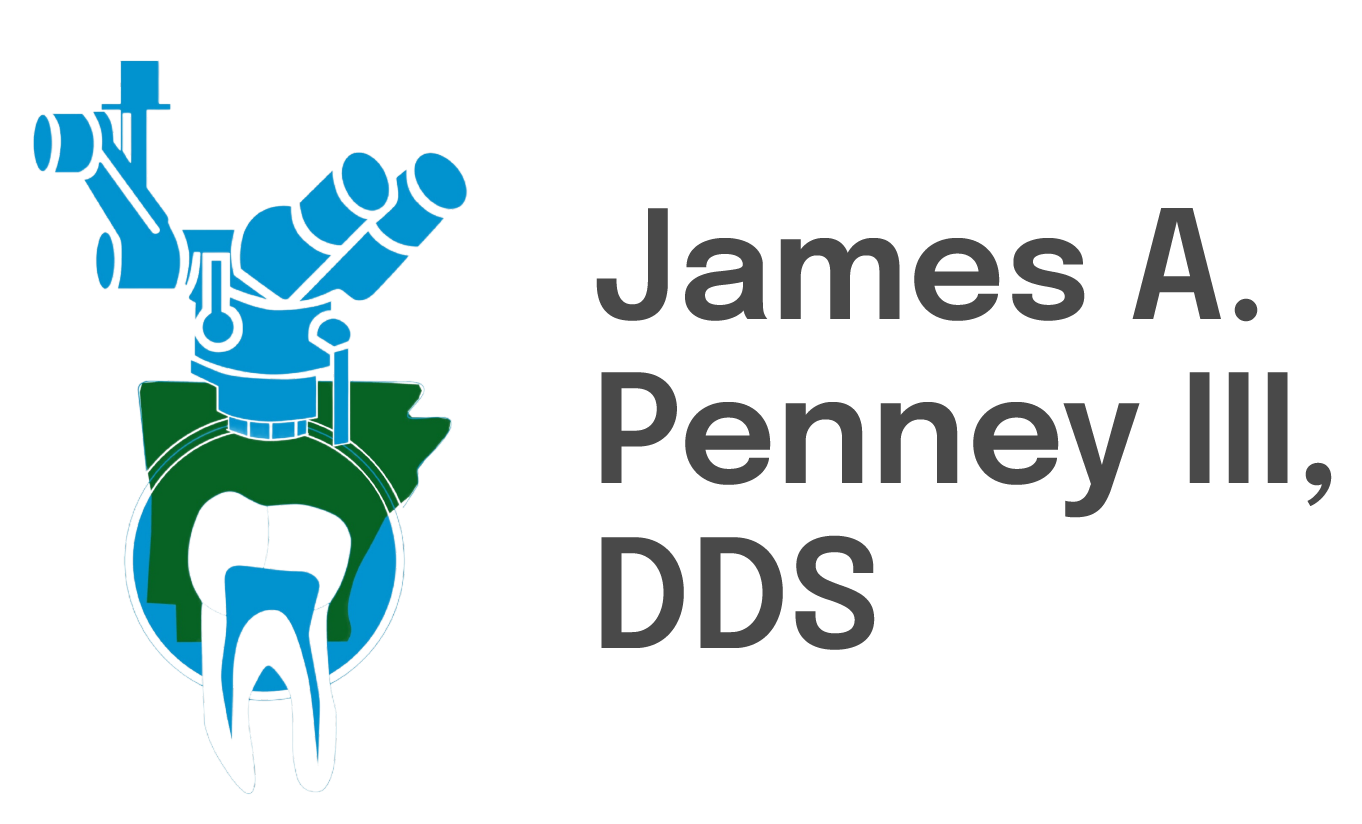Taking care of your teeth can start with practicing good oral hygiene and visiting a dental provider regularly. Dr. James A. Penney III has been providing quality endodontic care in Little Rock for nearly 20 years. If you believe you may have a cracked tooth or are experiencing tooth pain, don’t wait to schedule an appointment. Alleviating pain and preventing long-term consequences starts with seeing a provider as quickly as you can, so call 501-227-7668 today to schedule an exam with Dr. Penney and his skilled staff.
What is a cracked tooth?
Teeth can crack from biting down on hard foods, teeth grinding, experiencing dental trauma, as the result of some dental procedures, or as teeth wear down with age. Cracked teeth can vary in severity–from fractured cusps that usually do not cause concern to treatable cracks, or they can be more serious like split teeth and vertical root fractures. To learn more about the types of teeth cracks, click here.
What are the signs of a cracked tooth?
A cracked tooth can cause pain while chewing, sensitivity to temperature, swelling, or release of biting pressure. If you are experiencing any of these symptoms and believe you may have a cracked tooth, it’s important to see a dental provider as soon as possible for an evaluation. Over time, cracked teeth can lead to further damage to the bones and gums in the area, as well as to larger health concerns.
How can cracked teeth impact your health?
If less severe cracks, like fractured cusps or treatable cracks, are not addressed by a dental provider, this could cause the tooth to split. Fractured cusps generally break off or are removed by a dentist, and then the tooth is restored with a full crown. Treatable cracks vertically extend from the chewing surface to the root of the tooth, and they are typically treated with a root canal. When left untreated, these types of cracks can end up leading to a split tooth. A split tooth can never remain completely intact, and an evaluation is needed to determine if any portion of the tooth can be saved.
Another concern to look out for with cracked teeth is infection. As you chew, cracked portions of your teeth can move. This can cause the pulp within the tooth to become irritated or infected as bacteria can more easily reach it. If the pulp does become infected, or the tooth becomes abscessed, symptoms that may arise include:
- Bad breath (also referred to as halitosis)
- Persistent tooth pain
- Fever
- Swelling or swollen lymph nodes
- Tooth decay
If an infection or abscess is left untreated, this could lead to additional severe health concerns like gum disease, tissue or bone infection, or even heart disease.
Gum disease and infection or inflammation around the tissue and bone can lead to bone loss around teeth, and ultimately can lead to loss of teeth. Both can cause swelling, redness, bleeding or the formation of pus. Oral health has also been connected to cardiovascular health, and gum disease is linked to an increased risk for heart disease. As bacteria builds up in the mouth and gums after a tooth breaks, it can spread to other parts of the body, potentially entering the bloodstream and causing inflammation in the arteries. This increases the risk for heart attack and stroke.
Having a cracked tooth evaluated when you first begin to experience pain is crucial for preventing these long-term consequences.
Caring for a cracked tooth.
If you are experiencing the symptoms of a cracked tooth, the best thing you can do is see a dental provider. Dr. Penney and his team are available by phone 24/7! To ensure that you receive skillful and timely care, or to prevent long-term complications, call to schedule an appointment today.
Depending on the severity of the crack, treatment could include:
- Full crown
- Root canal
- Endodontic surgery
Have questions about the procedures Dr. Penney and his experienced endodontic team can provide? Click here to learn more.
